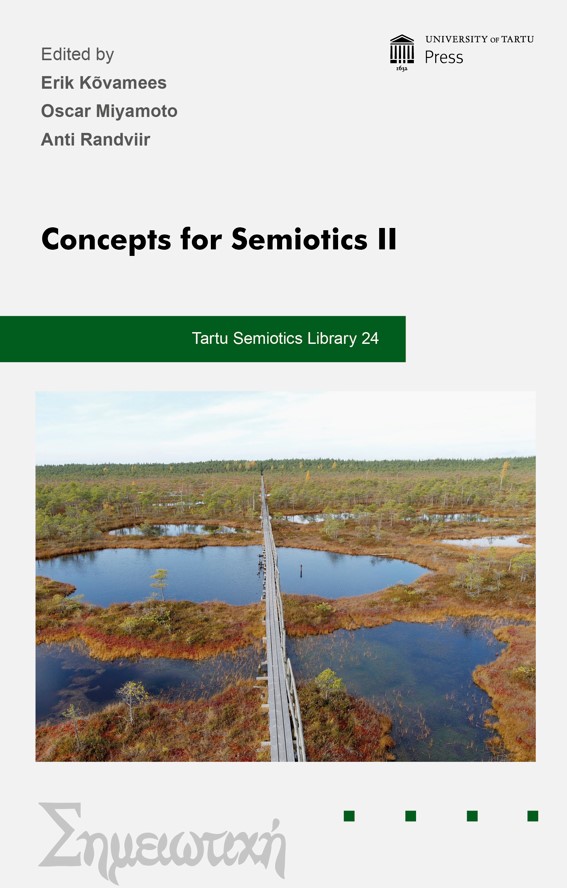Questions concerning certain faculties claimed for semiotic selves
Questions concerning certain faculties claimed for semiotic selves
Author(s): Oscar S. Miyamoto GómezSubject(s): Semiology, Cognitive Psychology, Psychology of Self, Phenomenology, Ontology
Published by: Tartu Ülikooli Kirjastus
Keywords: semiotic self; ontology; Semiotic Self Theory; phenomenology;
Summary/Abstract: To be is to interpret, and to interpret is to live, for life ceases when the biosemiotic capacities of self-control and choice-making stop. With such an ontological premise, Miyamoto’s paper makes the case that sign processes are not disembodied, decontextualized, and isolated, but always contingent to the relational selfhood of living beings. Terminology-wise, he revises the Sebeokian concept of “semiotic self ” (SS) through the interdisciplinary lenses of Semiotic Self Theory (SST). Resuming the anti-Cartesian spirit of C. S. Peirce’s “Questions Concerning Certain Faculties Claimed for Man”, he observes that semiotic selves could be conceptualized at large as beings that are (1) value-making; (2) multi-layered; (3) communicative; (4) distributed; (5) agential; (6) anticipatory; (7) open-ended; and (8) auto -poietic. Miyamoto’s main contribution to the anthology is to sketch a non-anthropocentric definition of SS based on current advancements in Peircean phenomenology, biosemiotics, and zoosemiotics. He defines a SS as an embodied semiosis that feels, chooses, and acts by means of transient functional cycles, which are teleodynamically- and habitually-grounded on an ecosemiosphere. Such terms, he argues, should be coextensive with the definition of a lifeform. He concludes that SST should shift its focus from the psychological standpoint of a singular self (e.g., identity) to the plural phenomenology of all lifeforms (e.g., semiosis).
Journal: Tartu Semiotics Library
- Issue Year: 2023
- Issue No: 24
- Page Range: 81-98
- Page Count: 18
- Language: English
- Content File-PDF

